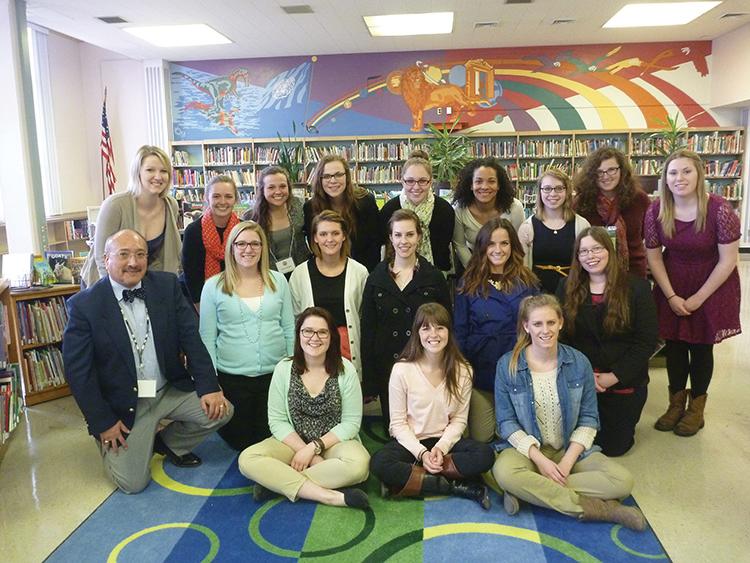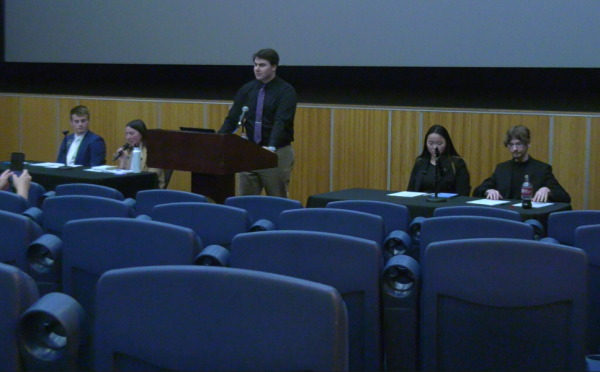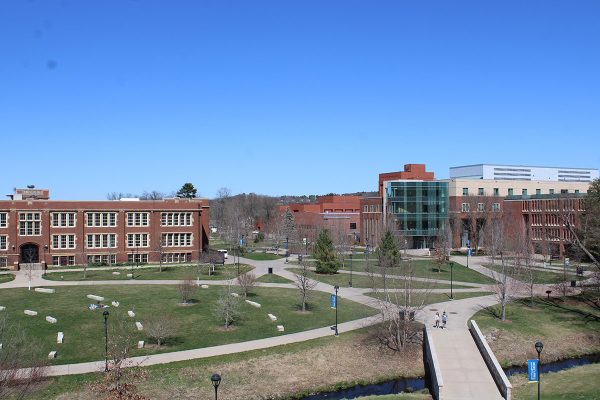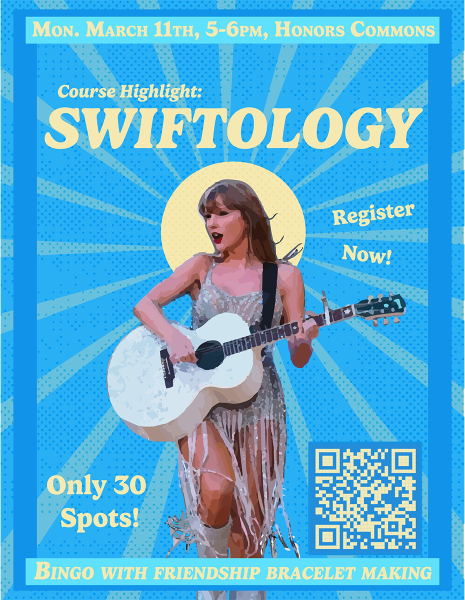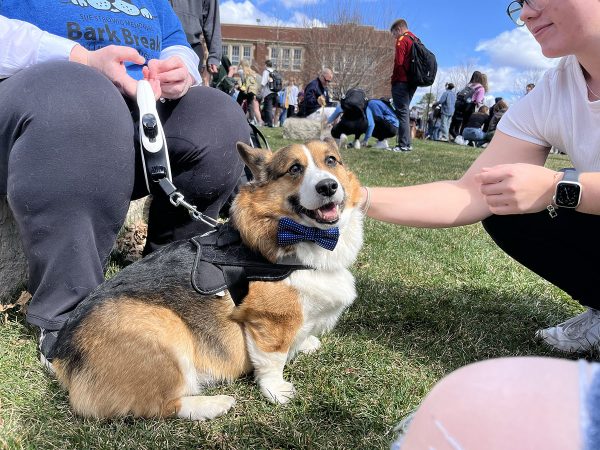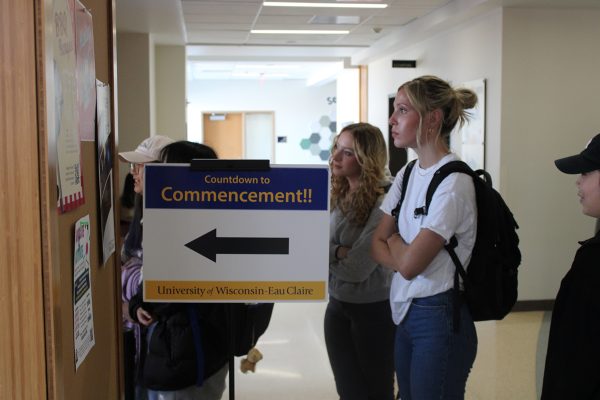UW-Eau Claire education class gets real world experience
Education students traveled south to apply theories and gain professional skills
Photo by Austin Mai
April 29, 2015
Karissa Mueller, a junior UW-Eau Claire social studies education major, first noticed disparities on the walls of the urban Milwaukee middle school where she and classmates visited during a spring break trip.
While one room would be covered in posters with smart boards and laptops available for use, the next would be empty, sometimes lacking classroom necessities like chairs and tables among other materials, she said.
She said staff were given paper to print and make copies, but they had to keep it in their rooms rather than in the copy or printing room.
“If they ran out or miscounted, they would have to return to their rooms to get more paper,” Mueller said. “If they ran out of paper by the end of the year, they would be expected to buy more from their own pockets.”
Eric Torres, assistant professor of education, brought Mueller and his social foundations of human relations class to work with teaching professionals in a Milwaukee school during spring break.
Previously, the class members would have worked with two schools in the Milwaukee area, but the schools have now combined into one building.
He said the school was located in an area with high poverty; the majority of the school received free or reduced lunch.
Teaching staff stocked classrooms with accessories like posters and decorations. Some special education rooms were largely vacant, not prepared to handle a class, Mueller said.
Mueller said teachers there had to be frugal. Endless paper doesn’t make a good teacher.
“Even with little funding, a good teacher can still offer great education to their students,” Mueller said. “… but it takes a lot more effort, creativity and skill on the teacher’s part.”
Mueller said she plans to teach sixth through 12th grade students once she graduates, so working almost exclusively with fifth-graders was a challenge.
She observed the classroom environment and was paired with another social studies teacher. The teacher integrated social studies and history into the classroom by having the students read biographies of founding fathers and write papers arguing whether recess is an given right or privilege.
Prior to leaving, Torres said the class discussed issues relating to relations of power through the lenses of gender, class, race, sexual orientation and language diversity throughout the semester.
Each students takeaway from the trip varied. Torres said students weren’t expected to fill specific jobs during the trip, unlike work in Eau Claire.
“They can be present in the classroom and help where needed,” Torres said. “… or they can follow the prompts of the teacher, whether that be working with a group or working with a student.”
Torres said sometimes students were asked to lead an entire class — about 20 students.
“The spring break field experience is connected to everything our class works on,” Torres said. “Exposure to the experiences of teachers and students in Milwaukee opens up my students’ eyes to the reality of teaching.”
Torres said the exposure Mueller had was exactly what he wanted the class to get out of the trip.
“It’s really important that aspiring teachers develop the skills to effectively create and maintain learning environments that benefit children,” Torres said. “Not only that, but be able to explain how they can create those environments intentionally, not just trusting in chance or good luck.”

